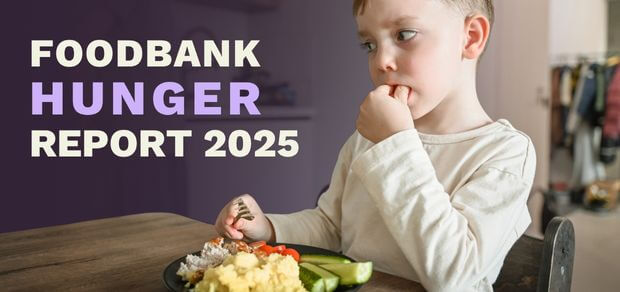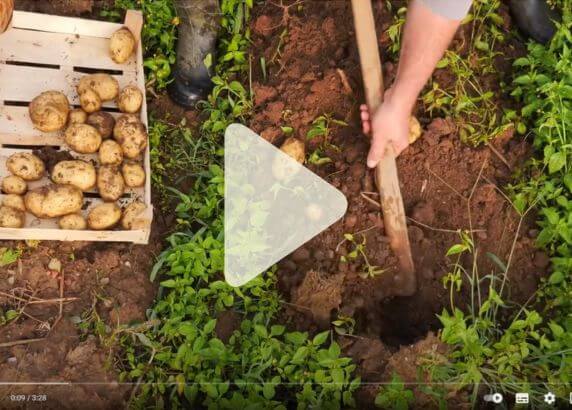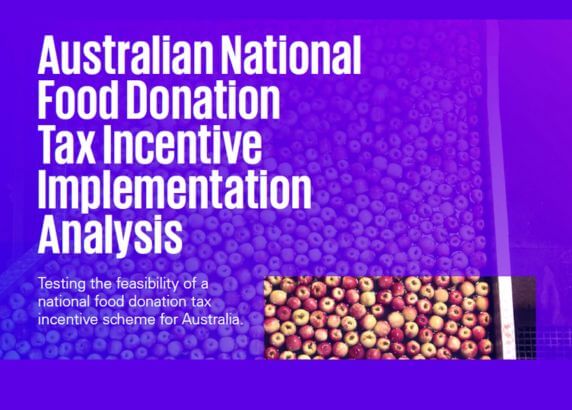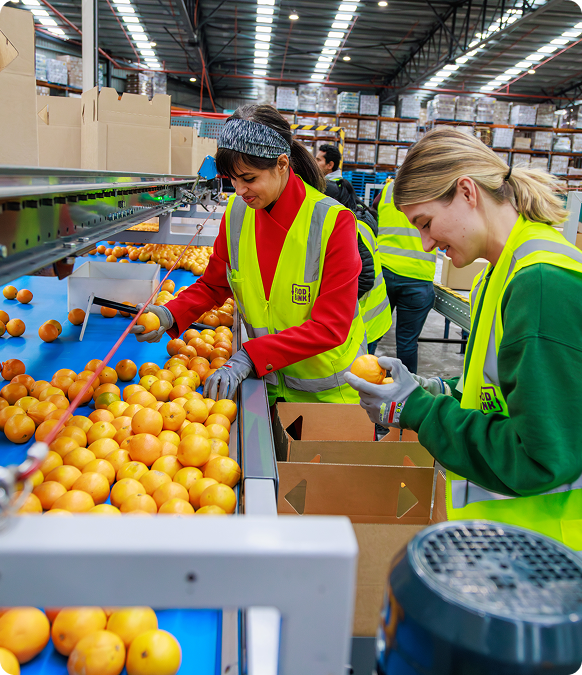A tax incentive to ensure food ends up in bellies, not bins…
while also protecting our environment.


What is the issue?
Australia currently wastes more than 7.6 million tonnes of food each year, costing the economy over $36.6 billion. 70% of this food is perfectly edible.
Despite this, Australia’s current tax framework does not support the food industry to donate surplus stock to food relief – in fact, it treats this the same as sending it to landfill. This needs to be changed.
Independent modelling shows that this incentive would potentially save the equivalent of an additional 100 million meals a year and could assist in halving overall food waste by 2030.
Similar incentives are already effective in countries such as the United States, Canada and France.

What is proposed?
In July 2024, Western Australian Senator Dean Smith introduced the Tax Laws Amendment (Incentivising Food Donations to Charitable Organisations) Bill 2024 in the Senate. This Bill proposes amendments to Australia’s tax laws to incentivise small and medium-sized food producers, such as farmers and growers, to donate surplus fresh food to registered food charities
The proposed tax incentive would provide a cashback or tax credit for businesses based on the costs incurred in donating food.
- Small businesses (Cashback incentives for food donation costs.
- Medium businesses ($20m–$50m turnover): above what’s available to a company for disposal of the stock.
It would only be a proportion of the costs incurred but will tip the scales when businesses are considering whether to donate or dump.

How would it work?
Example of how the incentive would work for a small enterprise is:
A farmer operating a business with a turnover of less than $20 million has 500kg of zucchinis that cost $1.50 per kg to grow and harvest but they are in excess of customer demand due to a better-than-expected growing season. Instead of dumping the zucchinis, the farmer engages a local transport company at a cost of $250 to deliver the zucchinis to a food relief organisation. The total cost to the farmer of $1,000 would enable him to receive an additional tax refund of $200.

Where to from here?
In November, the same week that two government reports were handed down, both recommending the adoption of the food donation tax incentive as a targeted non-inflationary measure to address cost of living pressures, the Senate economics committee has rejected the Bill that would have brought the incentive to life.
We are asking for businesses to sign the letter of support linked here. To stay up to date about the progress of the proposal and information on what you can do to support it, please fill out the form below.
Stay up to date
Sign up using the form below to receive updates on the progress of the proposal and information on what you can do to support it
Spread the word
Join us in driving meaningful change by raising your voice in support of this tax incentive. We’ve prepared key messages to help you get started—download them today and make an impact!
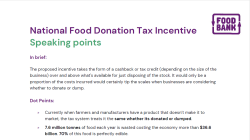 Click to download
Click to download  Log in
Log in
